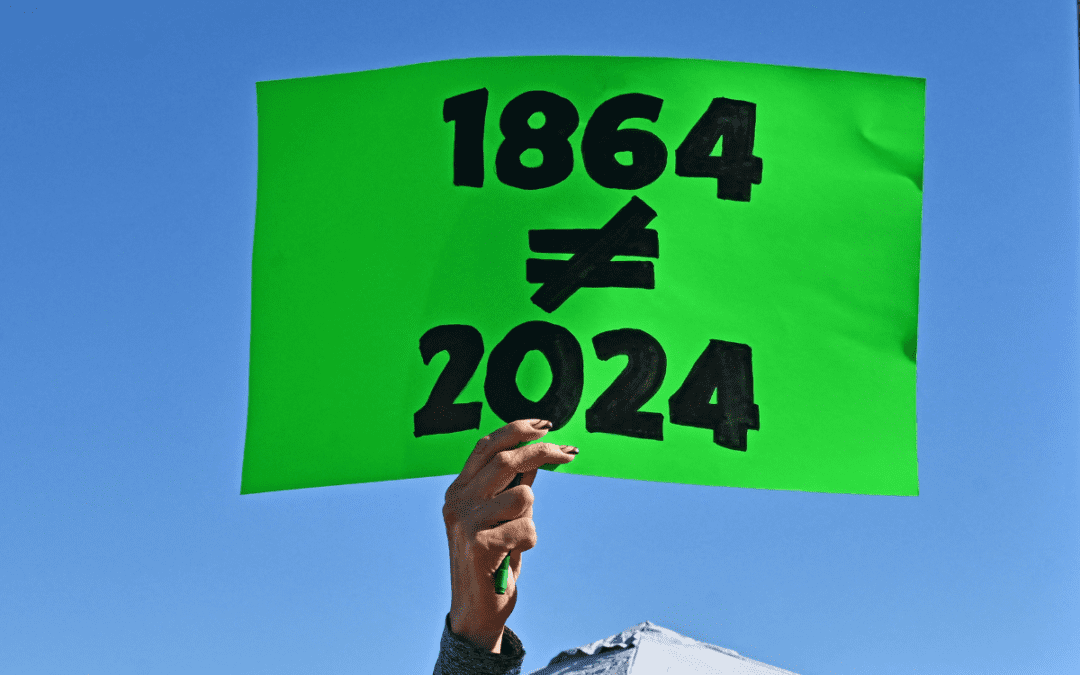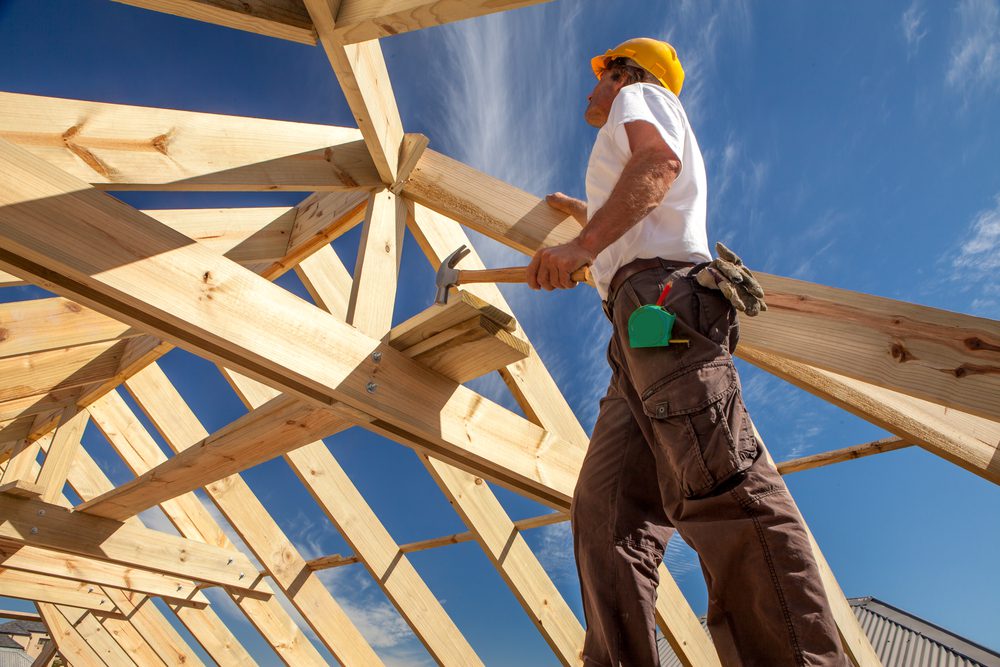Proponents argue there’s no other safe and effective way for them to get their proposals on the ballot, and the ability of voters to write their own laws through the initiative process is a fundamental right.
GLENDALE, Ariz. (AP) — A federal judge refused Friday to order Arizona to allow its existing electronic signature-gathering system to be used by backers of citizen initiatives as they try to qualify measures for the ballot.
Proponents of two initiatives had urged U.S. District Judge Dominic Lanza to allow them to use the system during the coronavirus outbreak that has made person-to-person signature gathering virtually impossible.
Elected officials can currently collect signatures they need to qualify a measure for the ballot using the secretary of state’s online “E-Qual” system. But initiatives backers are required to collect their qualifying signatures in-person.
They said they have been hamstrung by the virus outbreak in collecting signatures they need to get their measures on the November ballot.
The federal case was brought by backers of initiatives that would create automatic voter registration and curb big-money election donors and another aimed at ending unexpected medical bills.
Granting access to the state system was opposed by Republican Attorney General Mark Brnovich and the GOP-controlled state Legislature. Lawyers for Brnovich told Lanza at a Tuesday hearing that 100-year-old Arizona law on initiatives require signatures to be gathered in-person.
Democratic Secretary of State Katie Hobbs had supported the request.
Lanza said initiative backers were asking him to overturn a provision in state law, but it’s the Arizona Constitution that directs that petitions must be signed in person, and he refused to do that. He also said they had not shown they had suffered a severe burden, since some initiatives already have enough signatures to qualify and others might if the virus lockdown ends.
“Although plaintiffs are correct that the COVID-19 pandemic constitutes an ‘extraordinary circumstance’ that has resulted in ‘profound’ dislocations, it is also a profound thing for a federal court to rewrite state election laws that have been in place since the 1910s,” Lanza wrote.
Brnovich said in a statement that he was defending state law and it is up to the Legislature to make a change if it is needed.
“We all share a common concern for public safety during this pandemic, but you can’t use a health crisis to disregard our state constitution,” he said.
Backers of four other initiatives have separately asked the state Supreme Court to order the use of the “E-Qual” system for initiatives. The court has set an expedited briefing schedule and could rule within weeks.
The proponents argue there’s no other safe and effective way for them to get their proposals on the ballot.
They also contend the requirement for initiative backers to collect signatures in person violates the state Constitution. They say the ability of voters to write their own laws through the initiative process is a fundamental right and the current emergency prevents them from doing that. They face a July 2 deadline to collect nearly 238,000 valid signatures from registered voters.
Brnovich also is opposing that effort.
The four initiatives would legalize recreational marijuana, provide new school revenue by raising taxes on high-earning Arizonans, limit school vouchers and implement criminal justice reform.
Looking for the latest Arizona news in this time of crisis? Sign up for our daily newsletter and have it delivered straight to your inbox.
Politics

State Official: 1864 abortion ban gives Arizona ‘black eye’
Arizona’s role at the forefront of the climate crisis, defending democratic elections, and protecting reproductive rights has caught the attention...

Biden makes 4 million more workers eligible for overtime pay
The Biden administration announced a new rule Tuesday to expand overtime pay for around 4 million lower-paid salaried employees nationwide. The...
Local News

Arizona’s reality TV stars: Where are they now?
From A-list actresses to a controversial bachelor, here's a roundup of reality TV stars from Arizona. Whether you love it or hate it, reality TV is...

New funding keeps the homeownership dream alive for Avondale families
In a unanimous decision, the Maricopa County Board of Supervisors approved an additional $796,326 on March 27 to boost homeownership opportunities...




